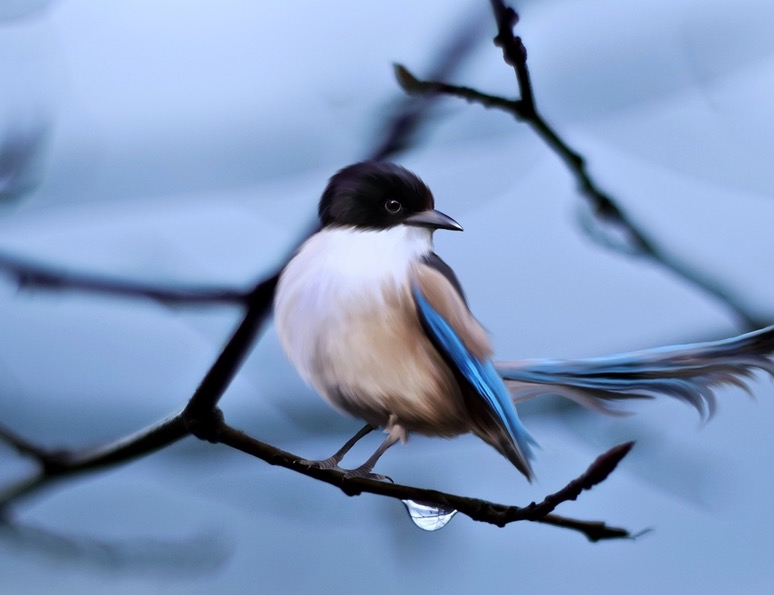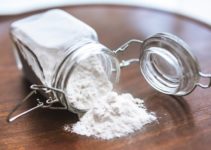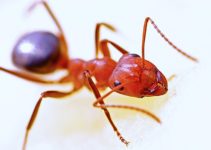 Birds are awesome to look at on a fine morning. Hearing their chirp, and seeing their wings stretch out and ready for takeoff. However, what isn’t cute is the diseases they carry…and maybe their droppings as well.
Birds are awesome to look at on a fine morning. Hearing their chirp, and seeing their wings stretch out and ready for takeoff. However, what isn’t cute is the diseases they carry…and maybe their droppings as well.
These cute little creatures carry up SIXTY different kinds of diseases. SIXTY! Let’s not compromise our health, people.
Are They Able To Smell?
Over the years, people have always been in constant debate over birds and their sense of smell. Are they able to smell? The popular theory before 2015 was that they can’t.
But recently, it has been debunked that birds CAN actually smell. If not all birds, most of their species are able to. Last two years ago, 2015, there ARE bird repellents which are able to shoo the birds away.
Most of the time though, since it isn’t still widely known, people have come into terms in using sound or cues to get them off their balconies. However, there’s one thing which they don’t particularly fancy.
It’s the smell of anthranilate.
Talking about other commercial products that ACTUALLY work – seriously, there has been A LOT of commercial products that doesn’t do a single thing – there are only a few of them.
There’s also one thing which can throw them off, but they’re not being commercially available. Researchers and scientists have found out that the use of weasel scent has been proven to be effective.
But you’re not going to find them in mall anytime soon. Unless get an actual weasel and let it guard blue tits. Who knows? You might actually find some pretty cool weasel in the outdoors.
In addition, there’s another scent which birds can’t stand. Eurasian rollers – yes, those cute colorful birds. Apparently, these birds aren’t able to stand the hazardous smell of liquid.
Surprisingly, it’s their own chicks which emits the smell. It only does so when there are predators in the wild. And you’ve probably guessed it, it’s not being sold in stores either,
Up to this point, it’s pretty hard to land on chemicals which works on birds. This is especially so because there are a lot of claims on advertisement which says otherwise.
What About Smoking?
Interestingly, your friend’s constant nagging when you’re smoking isn’t that much of a difference to what birds think when exposed to second hand smoking.
If you plan on keeping your pet bird alive, don’t smoke around him. Or if you plan on shooing them off, then you may continue. Well, it mostly depends on your reason.
Second-hand smoke, just like what it does to humans (not healthy at all) has the same effects with birds. It’s not much of a shocker to know that it deteriorates your bird’s health and can irritate his system.
For some reason, this kind of makes bird-lovers sad, but birds tend to puck their feathers in hopes to remove the smell of smoke. Yes, they dislike it THAT much.
Most people dislike it, too. Maybe it’s a good thing we don’t have feathers. Correspondingly, it isn’t a habit which is easy to stay away from *obviously*.
For additional information, secondhand smoke is quite scary. It comes in with 4,000 chemicals – no wonder why birds hate it. Out of the 4,000 chemicals, there are sixty-nine substances which can trigger cancer.
Continuous smoking around the presence of birds, will eventually lead to the bird’s death. On the first few stages, the lungs and respiratory tract are being destroyed.
Oh, and another thing. In relation to birds and cigarettes, since birds are always curious – heck, all of the animals are – there’s a huge chance they’ll eat the cigarette butt.
If you have plans on killing birds (which isn’t recommended) don’t use this method. There’s almost 25% of harmful nicotine is in the butt.
While you might think it is harmless fun, it’s far from being harmless. Before the bird dies, he’ll start to pant, vomit, and palpitate. JUST. DON’T. DO. IT.
The More You Know
Generally, birds are more of a victim to air-borne toxins. Although, in some ways, their systems are way powerful than our systems (in terms of endurance) – it has something to do with their power to FLY.
Their body comes with a number of air sacs distributed evenly in their little bodies. This lets them store oxygen when the situation calls for it. Also, they’re awesome enough to lighten up themselves for take-off.
In return, they are weak in dealing with toxic vapors. Lucky are the wild birds as they can get away from toxics right away. In the cases of pet birds, they have to suffer under the parameter of enclosed rooms.
Either way, both of them are weak against chemicals like Teflon.
Closing It In
We can’t say for sure if they’re able to smell or not. What we can agree on is that there are SOME species which are able to.
Nonetheless, from what we can derive, there are only a number of scents which they seem to be irritated of. Just be careful in dealing with birds, do it the right way.



